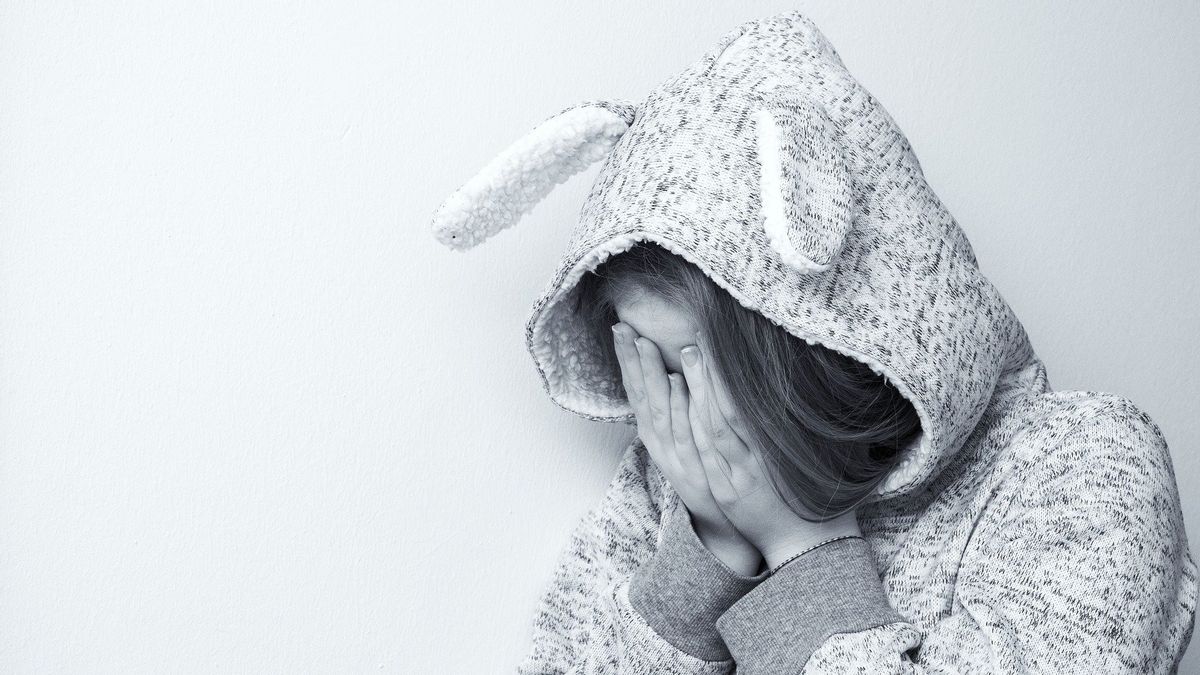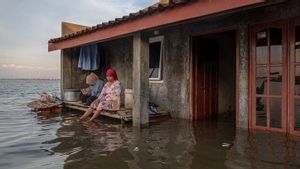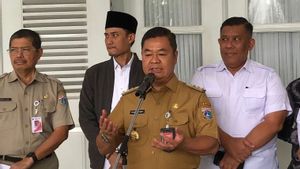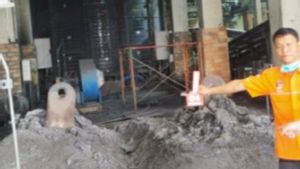JAKARTA - The death of three students during the implementation of distance learning (PJJ) during the pandemic has made him aware of the fact that the government has not paid attention to the mental impact of students who have difficulty learning online.
First, elementary students died because their parents abused them because they had difficulty digesting lessons online. Second, the death of a high school student in Gowa district who committed suicide by drinking poison because of an accumulated PJJ task. Third, an MTs student in the city of Tarakan who hanged himself because of piling up PJJ assignments.
On that basis, the Federation of Indonesian Teachers' Unions (FSGI) asked the government through the Ministry of Health and the Health Office to play a role in understanding the psychological impact of students undergoing PJJ.
"The Ministry of Health and regional health offices must work together with the education offices of the Ministry of Religion offices in regencies / cities and provinces to help foster students' mental health," said Retno in her statement, Sunday, November 1.
Based on the results of FSGI's monitoring of the implementation of the first phase of PJJ which only lasted from March-June 2020, at first students tended to be able to cope with psychological pressure. This is because face-to-face learning was carried out for the previous 9 months.
In addition, the subject teacher, homeroom teacher and classmates are still the same and they have had time to communicate actively before, so they know each other and can help each other.
However, the results of monitoring in the second phase of PJJ showed that it was more difficult for children to overcome psychological problems, thus affecting the mental health of students.
Common symptoms such as decreased enthusiasm to carry out activities, irritability, and rapid loss of concentration will begin to appear if the PJJ is prolonged.
"Because in phase 2, children move up to grades with changing situations, their homeroom teacher changes, the subject teacher is different, and most likely their classmates are different from the previous class," said Retno.
"Changing classes with a new atmosphere without meeting face to face makes it difficult for children to have close friends to share and ask questions. As a result, learning difficulties are borne by the children themselves if the child does not dare to ask the teacher," he continued.
Therefore, Retno said that his party urged the central government and local governments to conduct a comprehensive evaluation of the implementation of the second phase of PJJ which has been going on for almost a semester this.
"The results of the evaluation are used to improve PJJ, both from the government, schools, madrasah and parents to help students learn and reduce their psychological burden while undergoing PJJ," he concluded.
The English, Chinese, Japanese, Arabic, and French versions are automatically generated by the AI. So there may still be inaccuracies in translating, please always see Indonesian as our main language. (system supported by DigitalSiber.id)













